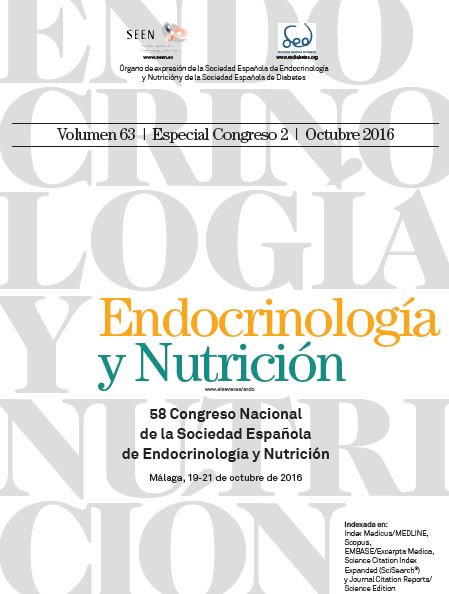163 - Adherence of people with type 2 diabetes, willing to use a telematic self – management application, to dietary guidelines
aDivision of Health and Social Services. Municipality of Agios Dimitrios. Athens. Grecia. bSchool of Health and Human Sciences. Coventry University delivered at Aegean College. Omiros Educational Group. Athens. Grecia. cVIDANO Health Telematics S.A. Athens. Grecia.
Introduction: Aim of the present study was to explore baseline adherence of patients with type 2 diabetes (T2D), who used a telematic self-management application, to dietary guidelines.
Methods: Ninety nine volunteers (57% males), aged 64 ± 8.7 old, diagnosed with T2D and already receiving treatment, participated in this study. For the aim of the present study baseline dietary, physical activity and demographic data were analyzed. In order to assess dietary adherence, the guidelines for people with T2D combined with those for healthy Greek adults were grouped into 20 habits (i.e. fruit consumption) and assigned a recommended goal. Information gathered though baseline assessment was automatically compared to these 20 recommended goals.
Results: Baseline overall dietary adherence was 66%, with participants most frequently not adhering to 7-8 recommendations (total range of non-adhered recommendations was 1 to 12). Regarding the content of recommendations, all participants met the ones for egg and white meat consumption. The behavior most frequently not-adhered was the “number of meals” (73% of participants were not adherent to this recommendation), followed by “low-fat dairy products” (70%), “vegetables” (66%), “red meat” (57%), “fruits” (52%) and “legumes” (50%). The behaviors less frequently adhered, apart from those met by all the participants, were “Sweets and SSBs” (6%), “alcohol” (5%) and “foods with refined carbohydrates, rich in added sugar, fat and/or salt” (5%).
Conclusions: These data show that dietary adherence of middle and old aged T2D people willing to use a telematics self-management application, is medium, highlighting adhered and non-adhered dietary habits. Research is needed to explore the factors contributing to this discrepancy.
Founding: this study was part of a larger study founded by E.U. and three municipalities of Athens, Greece.
Acknowledgements: the authors would like to thank all the participants of the study.





